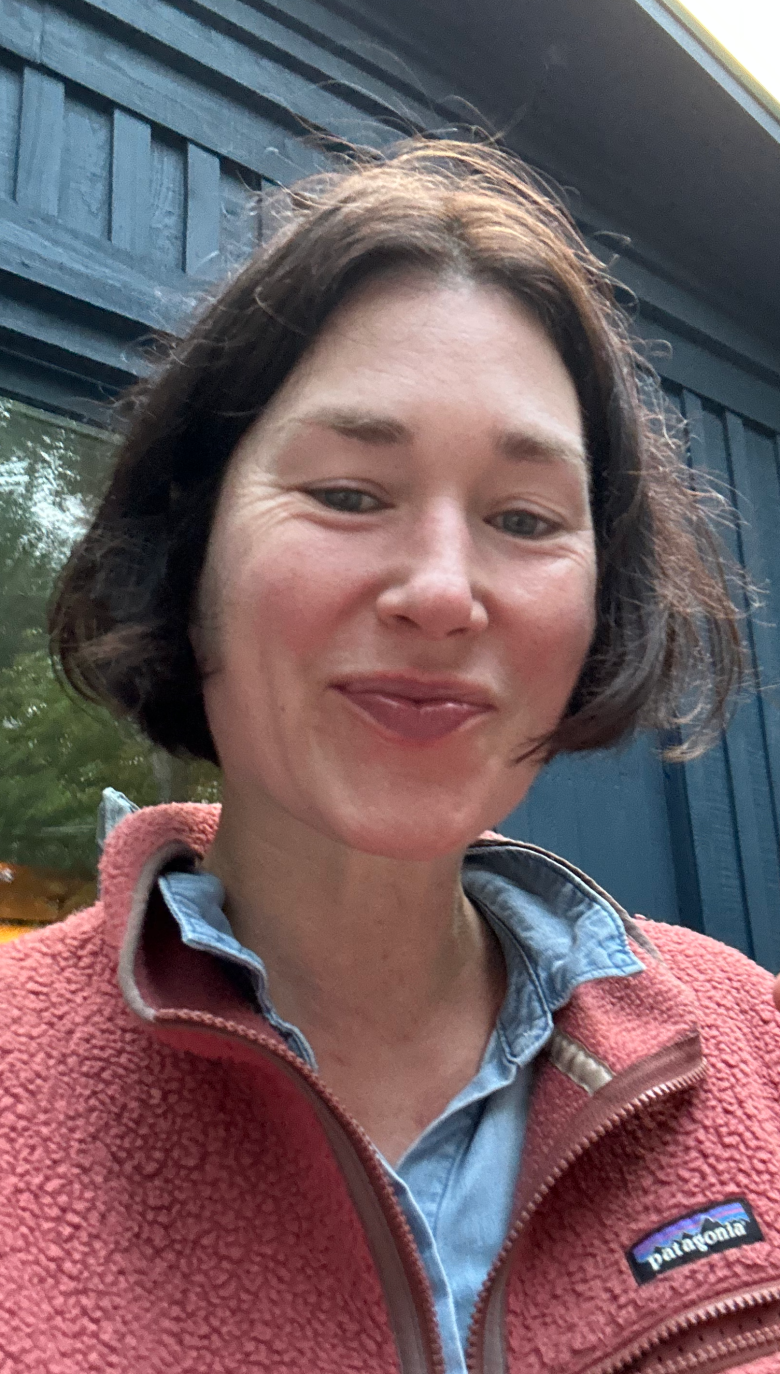Climate Positivity—It’s What We Need
This article was originally published in Indy Week. You can view the original article here.
After Hurricane Helene nearly cost a climate scholar and her son their lives, she says we don’t need more evidence of climate change—we need to focus on what we’ve done well and build on it.
BY Melissa Scott
In 2022 I quit my job in climate change research after 15 years to spend more time with my son, and then a climate change-related disaster nearly took my son, Hudson, from me. On Friday, September 27, 2024, Hudson and I were up in the Blue Ridge Mountains for a long weekend. We came up Tuesday night, spent our days communing with nature and hiking in Cattail Creek near Burnsville, NC. Cattail is a peaceful mountain community, nestled in the Pisgah National Forest, where cares wash away under the tree canopy, hugged by waterfalls in a healing temperate rainforest. We bought our cabin there three years ago to beat the Durham heat.
When Hurricane Helene hit our community Friday morning and our power went out, we had no idea what we were in for. Two waterfalls next to our home looked like brown tsunamis. We could see the creek from our deck, which we couldn’t see before. The raging water burst the bridge near us into tiny Lincoln Log pieces. It sounded like hell was opening and about to swallow us whole.
Below us the creek’s raging water swept up over the banks, took a home off its foundation, and sent it toward my friend standing in the front doorway of her home. She watched it come directly at her, and then it jettisoned back into the creek, and she was spared. Farther down the creek another neighbor went to check on her shed, and the water grabbed and swallowed her whole. My dear friends at the opposite end of our community were nearly killed by a landslide; other friends held their children all night in a closet praying as the creek rose. My dear friend and neighbor Bruce, a grandfather figure to Hudson, drowned in his bedroom after over a million gallons of water ran through his home. Somehow our 1964 cedar cabin was unscathed.
By Saturday, I thought my husband, Sean, had died trying to get to us. I was in touch with him via the SOS emergency contact app on my phone, and SOS said he was stuck but had last stated, “I love you, Mel. I’ll see you soon.” I thought that meant in heaven. By Sunday morning I hadn’t slept through the dark nights because SOS said more rain was coming. I was prepared to jettison Hudson out of the cabin if we were the next in line for a landslide or if the boulders came crashing down.
By 6:17 a.m. on Sunday I told SOS that Hudson and I were leaving on foot. I needed to get us to safety in town but learned we were trapped because the steep mountain roads had washed away, and we could fall to our deaths if we tried to hike out. By three p.m. we heard helicopters and a man singing “Better Place” by Justin Timberlake, Hudson’s favorite song. It was Sean coming to rescue us—he had hiked 11 miles through all the muck. I didn’t know love could be that big until he held us in his arms. After community members and volunteers had created paths using wood planks and ladders, we chose to hike the 11 miles to town instead of taking a helicopter to a shelter. On our hike out it looked like there had been a war. In a way there had been. Even though I got poison oak all over myself that day, I was grateful to have cells that could feel pain. By the time we got to Sean’s car parked near the town of Burnsville and then drove to Durham, I felt like I was having a stroke. Duke Cardiology soon confirmed it wasn’t a stroke; it was trauma.
In 1896 Svante Arrhenius discovered that carbon dioxide causes warming. Yet in 2025 we still burn fossil fuels that lead to superstorms like Helene. Americans are smart, and I propose that what we need most is “climate positivity”— to look at the good, not the bad. When Americans put their minds to challenges, we achieve greatness: we’ve protected forests, improved drinking water, and nearly closed the ozone hole. Climate change is just the next challenge, and after seeing the strength and resilience of Americans in my Cattail Creek Community rebuild, I firmly believe we’ve got this. I do not think we need more evidence and projections showing how bad things are and will be. I think we need to focus on what we have done well and keep doing that.
Dr. Melissa Scott is a mother, author, climate change and human health scholar, and former post- doctoral associate at Duke University’s Nicholas School of the Environment and the Samuel DuBois Cook Center on Social Equity. She holds a PhD in Environment & Resources from the University of Wisconsin-Madison, and a Masters in Bioethics from New York University.

